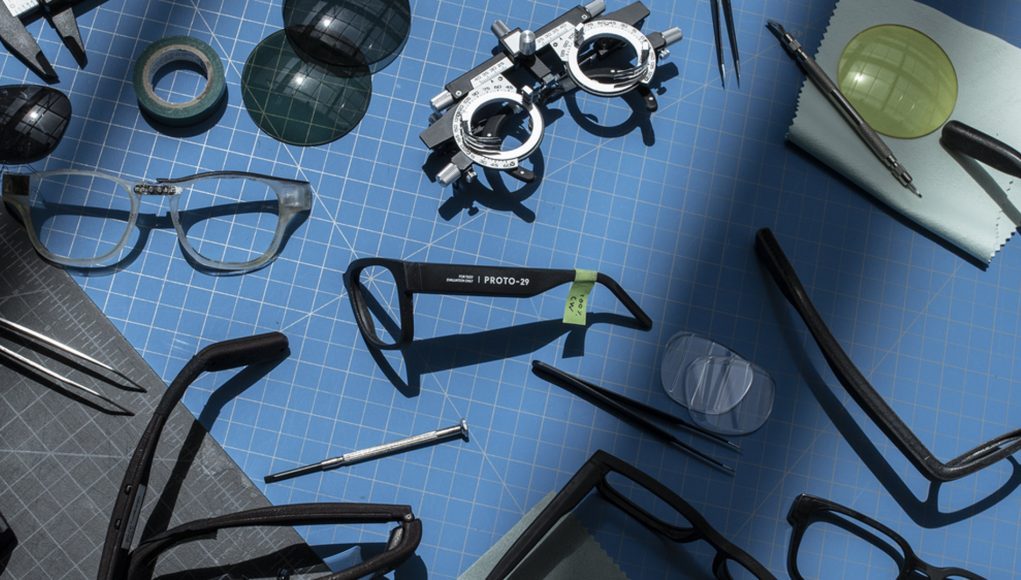Google is reorganizing a number of its hardware teams, which will see layoffs affecting a few hundred roles across its Devices & Services units. As reported by 9to5Google, Google’s first-party AR hardware team is taking the brunt of the blow.
Hardware teams dedicated to Pixel, Nest, and Fitbit are set to be united into a single team, making a number of positions redundant.
A majority of the hardware-related layoffs however are set to affect its AR team. Here’s Google’s statement to 9to5Google:
A few hundred roles are being eliminated in DSPA with the majority of impacts on the 1P AR Hardware team. While we are making changes to our 1P AR hardware team, Google continues to be deeply committed to other AR initiatives, such as AR experiences in our products, and product partnerships.
This comes alongside a wider confirmed layoff that will see “a few hundred” roles made redundant across Google’s core engineering and Assistant teams too, making for around one thousand positions stricken from the roles.
Having gutted its AR hardware team, Google’s broad commitment to “other AR initiatives” all but imply it’s no longer set to compete with Apple on a dedicated XR device, instead focusing on AR apps and OEM partnerships.
The writing has been on the wall that Google was set to axe its AR hardware ambitions. Back in June, a Business Insider report alleged Google was shelving a multi-year AR headset project, known as Project Iris.
Meanwhile, we’re still waiting to hear about the XR headset being developed by Samsung, Qualcomm and Google; Google is tapped to provide software services for the device, as Samsung and Qualcomm partner on hardware.







